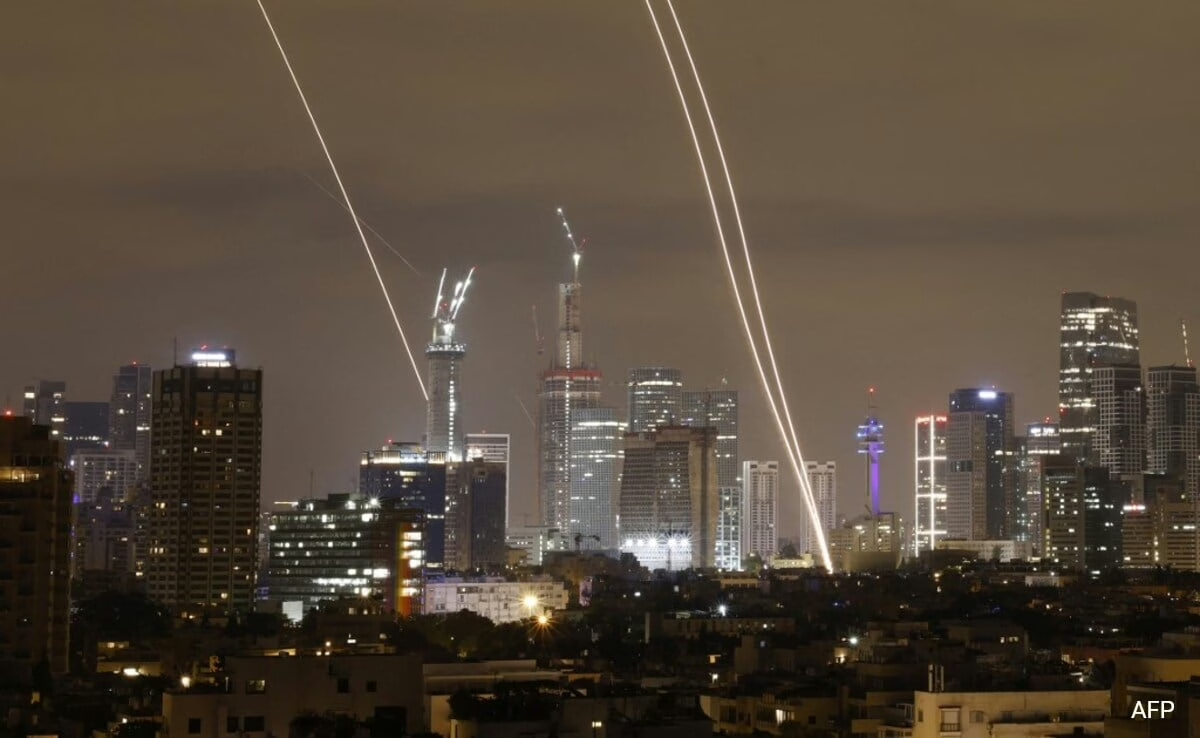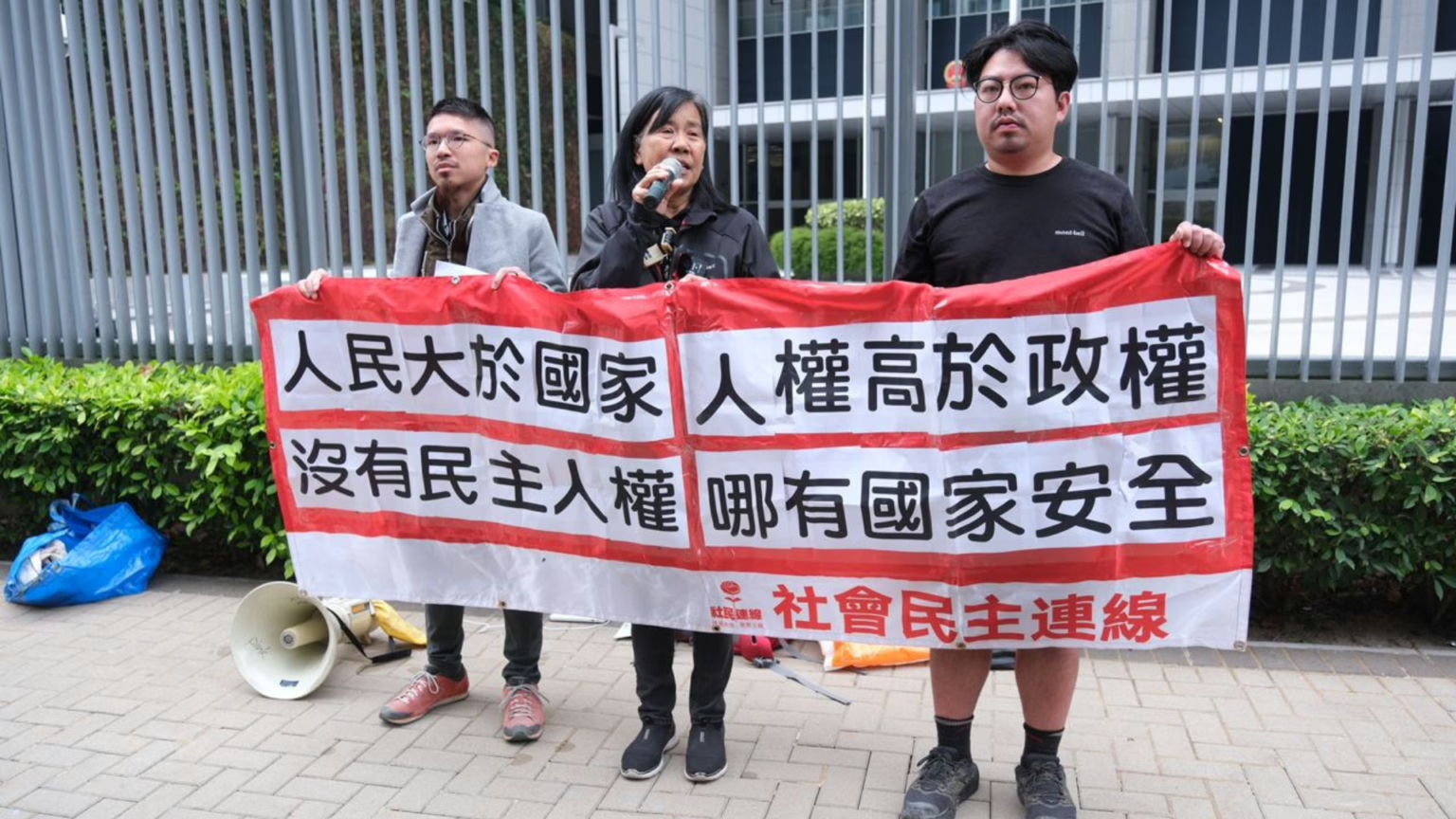Israel launched Operation “Lion’s Rise,” a series of precision air strikes targeting Tehran, the Natanz nuclear facility, and Islamic Revolutionary Guard Corps bases in Iran. The attacks killed at least 224 people and injured 1,200, including senior military officers and nuclear scientists. Iran’s Supreme Leader, Ayatollah Ali Khamenei, condemned Israel’s “barbaric aggression” and vowed retaliation. Israeli Prime Minister Benjamin Netanyahu responded defiantly, stating the strikes would continue until Iran’s nuclear threat is eliminated. For six consecutive days, Iran has fired hundreds of ballistic missiles and drones at Israel, hitting Tel Aviv, Haifa, and Beersheba. A strike on Beersheba’s Soroka Hospital injured 32 people and killed 8 civilians. The conflict is spiralling, with the world watching to see if the Middle East will descend into all-out war.
Global Powers Respond
United States
President Donald Trump warned Iran that any attack on US targets in the Middle East would face “devastating consequences.” The US has deployed 30 refuelling aircraft to support Israel’s air defence systems and moved aircraft carriers and fighter jets to the Persian Gulf, poised for potential intervention. Trump denied direct US involvement in Israel’s strikes but revealed he vetoed a proposal to assassinate Khamenei to avoid further escalation. The US embassy is accelerating evacuation efforts, with thousands of citizens leaving Israel via military planes and ships.
United Kingdom
Foreign Secretary David Lammy flew to Geneva for urgent talks with Iranian Foreign Minister Abbas Araghchi to de-escalate tensions. The UK condemned Iran’s missile attacks while expressing “grave concern” over Israel’s bombing of nuclear facilities. Though not directly engaged in combat, intelligence suggests the UK is providing logistical and intelligence support to Israel. The government warned that the conflict could drive up oil prices, threatening the British economy.
European Union
The EU called for an immediate ceasefire, stressing diplomacy as the only path forward. French President Emmanuel Macron cautioned that military efforts to topple Iran’s regime could lead to “catastrophic consequences.” EU foreign ministers are negotiating a new nuclear deal with Iran to salvage the situation while imposing fresh sanctions on Iran’s weapons supply networks. The EU is focusing on humanitarian aid, steering clear of military involvement.
Military Standoff on the Edge
Israel’s Defence Forces claim to have destroyed a third of Iran’s missile launchers, but Iran retains 2,000 to 3,000 missiles, capable of striking Israeli civilian areas or US bases. Iran’s Revolutionary Guard has mobilised Basij militias, vowing to “make Israel pay.” Air raid sirens blare over Tehran, where an ambulance was hit, killing three paramedics. Israel is bolstering its Iron Dome system to intercept Iranian drones and missiles while planning further strikes on Iran’s “SPND” nuclear project. The UN Security Council is set to hold an emergency meeting tonight, but prospects for a ceasefire remain dim.
Chaos in Iran
Iran is in turmoil, with Tehran’s streets gridlocked as residents flee air strikes. Shops have shuttered, and citizens are stockpiling supplies. The government has imposed a severe internet blackout, rendering VPNs useless, while banks and fuel supplies are disrupted. Authorities have arrested individuals suspected of spying for Israel, and media censorship has intensified. Iran’s Atomic Energy Organisation insists its nuclear facilities are “secure,” but details of damage remain undisclosed. Public discontent is rising, with sporadic protests erupting across cities.
Rumours of Fleeing Leaders
Speculation swirls that Iran’s top leaders have fled to safe locations or even left the country, but Khamenei and Foreign Minister Araghchi have made multiple public appearances, vowing to “fight to the end.” Analysts suggest these rumours may be part of Israel’s information warfare to destabilise Iranian morale, though the claims remain unverified.
Global Impact and Outlook
The Iran-Israel conflict has sent oil prices soaring, with Brent crude hitting $90 per barrel, threatening the global economy. China has urged its citizens to evacuate Israel, with thousands flocking to airports. Russia condemned Israel’s strikes on nuclear facilities, warning of a potential “nuclear catastrophe.” The Arab world is divided, with Saudi media remaining silent and Lebanese outlets locked in heated debate. The UN and multiple nations are calling for restraint, but with both sides dug in, peace in the Middle East hangs by a thread.
Discover more from “Bridging Hongkongers. Reporting Truth.”
Subscribe to get the latest posts sent to your email.




